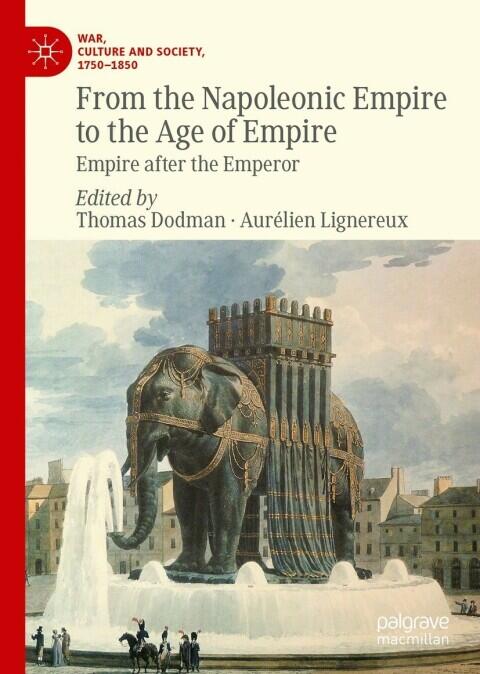
Paradisus anime intelligentis
によって
Hasebrink, Burkhard / Schiewer, Hans-Jochen / Palmer, Nigel F.
まだ評価がありません
History
Manga
Graphic Novels
形式
ハードカバー
ページ数
271
言語
ドイツ語
公開されました
Nov 27, 2009
出版社
Max Niemeyer Verlag
版
1
ISBN-10
3484108150
ISBN-13
9783484108158
説明
In a world increasingly dominated by artificial intelligence, three authors come together to explore the profound implications of advanced technology on human society. Burkhard Hasebrink, Hans-Jochen Schiewer, and Nigel F. Palmer delve into the emerging landscapes shaped by intelligent algorithms and autonomous systems. Their writing offers a nuanced examination of how these innovations are redefining our understanding of work, relationships, and ethics.
The narrative weaves together philosophical inquiries with practical observations, illustrating the duality of progress and caution. The authors encourage reflection on how humanity might coexist with these creations, raising critical questions about identity and agency in this new paradigm. They also expand on the potential benefits and risks, offering insight into both utopian and dystopian visions of the future.
As readers journey through the text, they encounter compelling stories and real-world case studies that highlight the transformative impact of technology across various sectors. The mixture of theoretical discourse with tangible examples invites a deeper understanding of the current state and potential trajectories of artificial intelligence, mirroring the complexity of the topic itself.
Ultimately, the book serves as a call to action; it urges society to engage thoughtfully with the advancements in AI, prioritizing ethical considerations while embracing innovation. Through their collaborative effort, Hasebrink, Schiewer, and Palmer aim to inspire dialogue and facilitate a balanced approach to the challenges and opportunities that lie ahead in the age of intelligent machines.
The narrative weaves together philosophical inquiries with practical observations, illustrating the duality of progress and caution. The authors encourage reflection on how humanity might coexist with these creations, raising critical questions about identity and agency in this new paradigm. They also expand on the potential benefits and risks, offering insight into both utopian and dystopian visions of the future.
As readers journey through the text, they encounter compelling stories and real-world case studies that highlight the transformative impact of technology across various sectors. The mixture of theoretical discourse with tangible examples invites a deeper understanding of the current state and potential trajectories of artificial intelligence, mirroring the complexity of the topic itself.
Ultimately, the book serves as a call to action; it urges society to engage thoughtfully with the advancements in AI, prioritizing ethical considerations while embracing innovation. Through their collaborative effort, Hasebrink, Schiewer, and Palmer aim to inspire dialogue and facilitate a balanced approach to the challenges and opportunities that lie ahead in the age of intelligent machines.



![“Collector’s Edition” Geschichte des Hochstifts Osnabrück bis zum Jahre 1508 Volume 1 1853 [Premium Leather Bound]](https://www.bookpine.com/images/cover.png)














